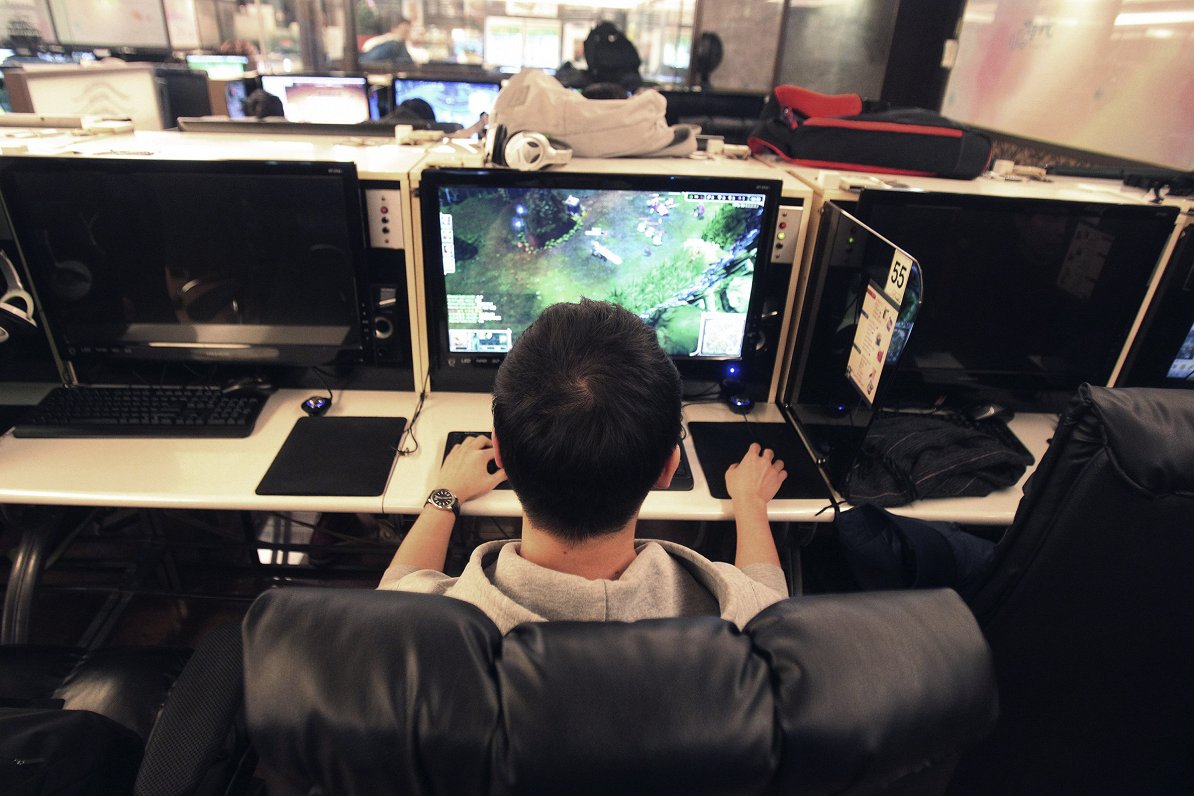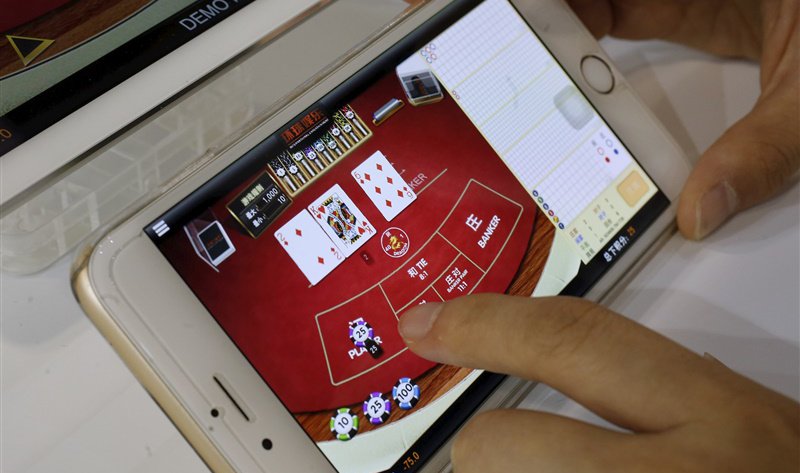In Europe, the illegal gambling market accounts for 20% of the total industry, while in Latvia it was nearly 45% last year, according to data from the European Gambling and Betting Association.
The business of illegal gambling thrives on the Internet, and the time of the pandemic has contributed even more. Despite the lottery and gambling monitoring inspection blocking dozens of domains, the number is declining slowly. Signe Birne, chief executive of the Lotteries and Gambling Monitoring Inspectorate, said that thousands of illegal gambling sites are available on the market and there are no limits online.
“Overall, in 2021, we've already made 594 decisions [to block domains]. (..) Of course, these blocked domains use a variety of technological capabilities to move to another location. We're trying to follow it again with our automated devices and tools,” Birne said. Cooperation with banks and the State Revenue Service (VID) also helps.
All licensed Latvian operators, totaling 13, are insignificant on the global scale.
“If we are talking about interest coming from Latvian residents, rough calculations show that more than a third use unlicensed operators. Some use without knowing, some are aware that they use those that are not regulated by Latvian legislation. The risk is if there are any problems, such as not getting the winnings paid, then the person has nowhere to turn,” member of the Latvian Interactive Gambling Society Dainis Niedra said.
Niedra said that it is virtually impossible for legal interactive gambling sites to compete with illegals in terms of both price and supply. In addition, illegal sites also serve customers who have signed up in the register of self-denied persons. The register is open to voluntary registration by anyone who wishes to deny themselves access to gambling, both in the legally regulated interactive environment and in person. There are currently 15 640 individuals in the banned status.





























